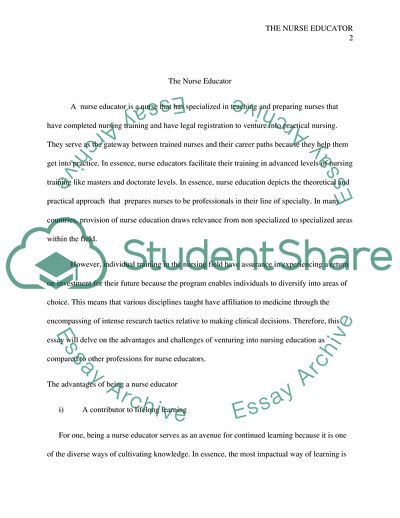Cite this document
(The Nurse Educator Literature review Example | Topics and Well Written Essays - 2500 words, n.d.)
The Nurse Educator Literature review Example | Topics and Well Written Essays - 2500 words. https://studentshare.org/education/1797610-the-nurse-educator
The Nurse Educator Literature review Example | Topics and Well Written Essays - 2500 words. https://studentshare.org/education/1797610-the-nurse-educator
(The Nurse Educator Literature Review Example | Topics and Well Written Essays - 2500 Words)
The Nurse Educator Literature Review Example | Topics and Well Written Essays - 2500 Words. https://studentshare.org/education/1797610-the-nurse-educator.
The Nurse Educator Literature Review Example | Topics and Well Written Essays - 2500 Words. https://studentshare.org/education/1797610-the-nurse-educator.
“The Nurse Educator Literature Review Example | Topics and Well Written Essays - 2500 Words”. https://studentshare.org/education/1797610-the-nurse-educator.


